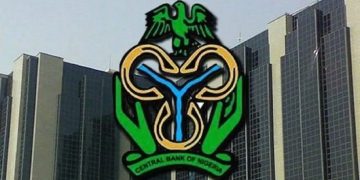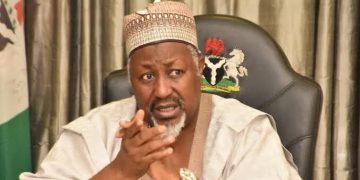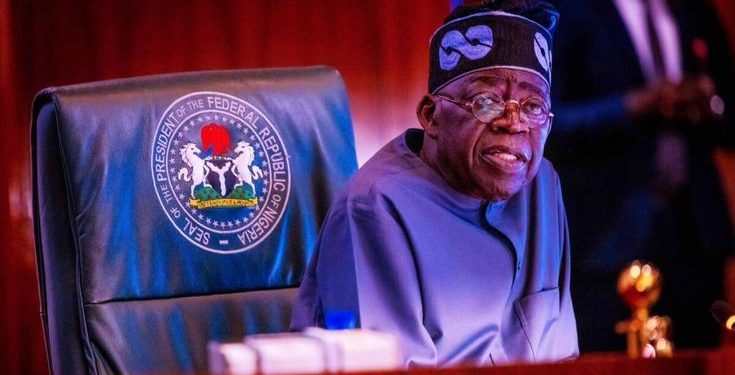President Bola Ahmed Tinubu has formally requested the National Assembly’s approval for a substantial new external borrowing plan totaling $21.5 billion, alongside a ₦758 billion domestic bond aimed at settling outstanding pension liabilities. This move comes amidst a backdrop of Nigeria’s escalating public debt and recent economic reforms that have garnered international attention.
A Closer Look at the Borrowing Request
The President’s request, submitted to the National Assembly on May 27, 2025, outlines a comprehensive plan to secure $21.5 billion in external loans. These funds are intended to finance critical infrastructure projects across transportation, power, and water sectors, as well as support key areas such as education and healthcare. The ₦758 billion domestic bond is specifically targeted at addressing the long-standing pension liabilities owed to retirees under the Contributory Pension Scheme.
According to the executive, the loans and bonds will also be instrumental in executing the government’s medium-term development strategy, known as the “Renewed Hope Agenda.” However, the announcement has sparked a renewed wave of scrutiny from economic analysts and the general public over the growing burden of public debt.
As of March 31, 2024, Nigeria’s total public debt stood at ₦121.67 trillion (approximately $91.46 billion), representing a significant increase from ₦97.34 trillion ($108.23 billion) as recorded at the end of December 2023. This jump of ₦24.33 trillion within three months is attributed to fresh borrowings and the depreciation of the naira against foreign currencies.
The debt stock includes ₦65.65 trillion ($46.29 billion) in domestic debt and ₦56.02 trillion (\$42.12 billion) in external debt. Domestic obligations encompass Federal Government bonds, treasury bills, Sukuk bonds, savings bonds, green bonds, and promissory notes, while external debts are owed to multilateral and bilateral lenders, as well as through Eurobond issuances.
Breakdown of the Federal Government debt stock as of December 2024 is as follows:
* FGN Bonds: ₦55.4 trillion
* Treasury Bills: ₦12.35 trillion
* Sukuk: ₦993 billion
* Savings Bonds: ₦73 billion
* Green Bonds: ₦15 billion
* Promissory Notes: ₦1.54 trillion
* Local Debt Total: ₦70.41 trillion
* Multilateral Loans: ₦35.7 trillion
* Bilateral Loans: ₦9.74 trillion
* Eurobonds: ₦27.7 trillion
* Others: ₦86 billion
* External Debt Total: ₦73.25 trillion
With a gross domestic product (GDP) estimated at ₦269.29 trillion, Nigeria’s debt-to-GDP ratio hovers around 53%. Though this is considered moderate by global standards, concerns remain about debt sustainability given the country’s heavy debt service obligations, fluctuating oil revenues, and limited tax base.
Despite these challenges, Nigeria’s efforts to reform its fiscal and monetary policies have begun to yield international recognition. In May 2025, Moody’s Investors Service upgraded Nigeria’s sovereign credit rating from ‘Caa1’ to ‘B3’. The agency cited improved external liquidity, reduced fiscal deficits, and key policy changes such as the floating of the naira and the removal of fuel subsidies as reasons for the upgrade.
Moody’s also adjusted Nigeria’s credit outlook from “positive” to “stable,” signaling expectations of economic consolidation and better debt management in the near future. The agency noted that the Central Bank of Nigeria’s efforts to stabilize inflation and reduce excessive deficit monetization had started to reflect positively in the country’s macroeconomic indicators.
Inflation, which spiked in 2023 following the removal of fuel subsidies and FX reforms, has shown signs of stabilization, while local borrowing costs are gradually declining.






















































